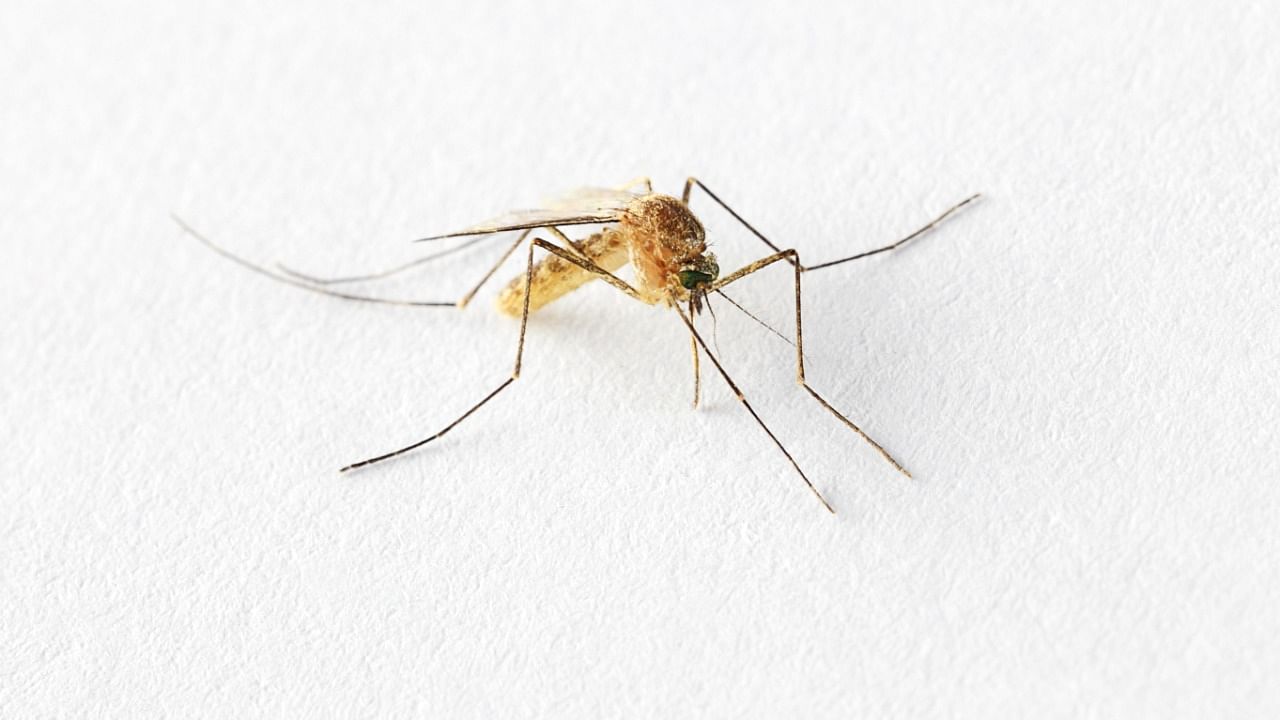
Children who played outdoors amid vegetation where there are shrubs and grass tend to contract scrub typhus bacteria, which can also cause encephalitis, Nimhans found in a study in 2016 in UP's Deoria and Gorakhpur, where the infection is highest in the country.
"It turned out that children who defecated in the open near shrubs got bitten by the vector that transmits scrub typhus, an infected chigger. Chigger mites are found on shrubs. In 10% to 15% of the cases, it left a small ulcer that looks like a cigarette burn or eschar.
"Children had eschars in their buttocks or groin indicating that they had defecated in the open," Dr Ravi, retired senior professor of neurovirology, Nimhans, told a press conference recently.
"Ballari, Kolar, Mandya, Tumakuru and Kalaburagi are endemic to Japanese Encephalitis and the mosquito that spreads it grows in areas where paddy is cultivated. It's called culex tritaeniorhynchus.
"It requires stagnant water to breed and migratory birds, which bring the virus from other countries.
"Pigs also act as amplifiers. People have tried many interventions like Gambusia fish which eats mosquitoes. In Tamil Nadu, people have tried adding neem cakes to water," Dr Ravi said.
Nimhans and the health department launched the brain infection global project at the Nimhans convention centre here.
Health and Medical Education Minister K Sudhakar, health secretary and the Nimhans director were among those present. This project is funded by the National Institute of Health Research (NIHR), Liverpool, UK.
It aims to establish a standard care package for improving diagnosis and early hospital management of patients with suspected acute brain infections in Karnataka. It will first be started in SNR Government District Hospital and RL Jalappa Hospital in Kolar as a model.
The other collaborating centre in India is the Christian Medical College, Vellore.
